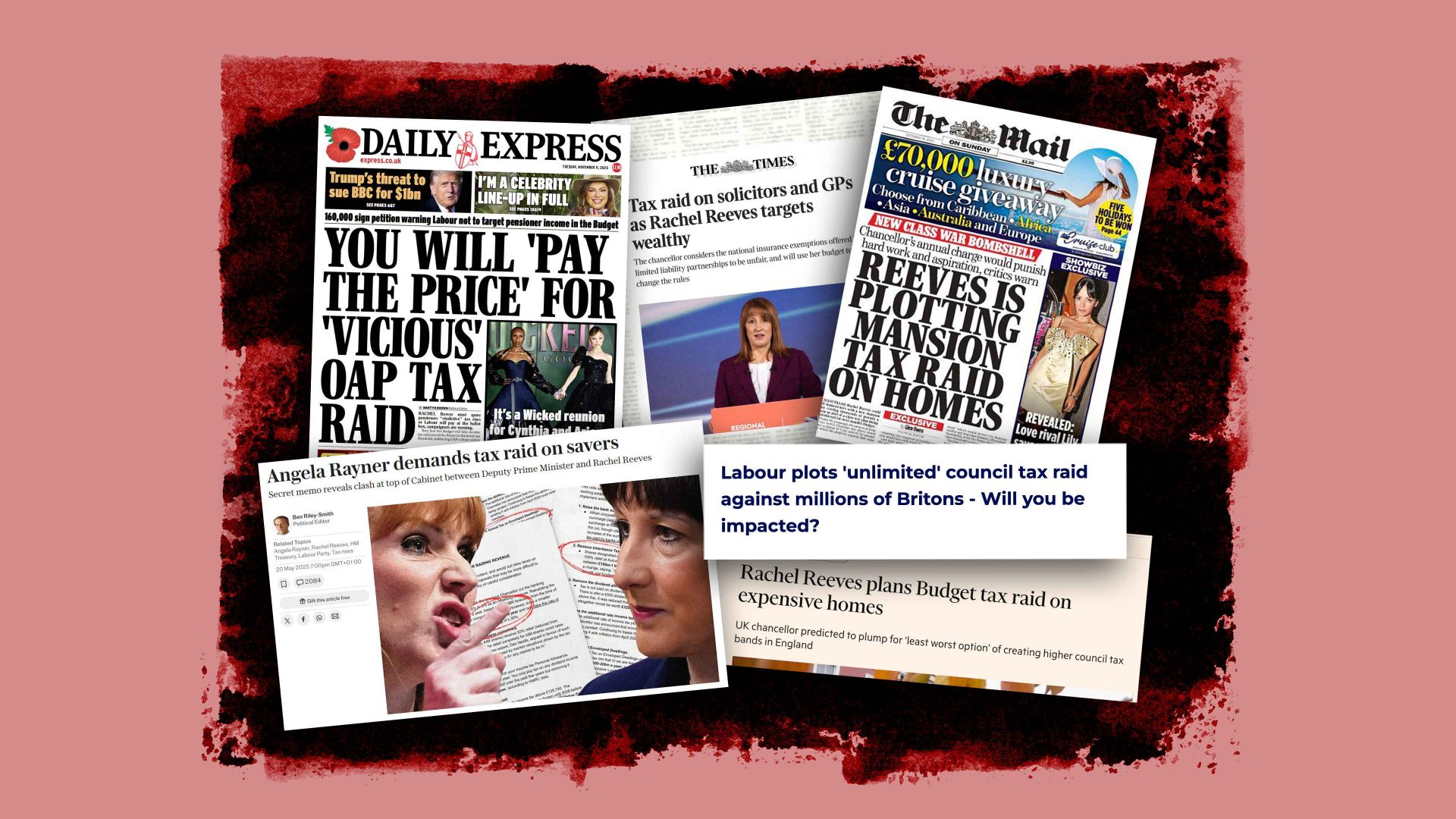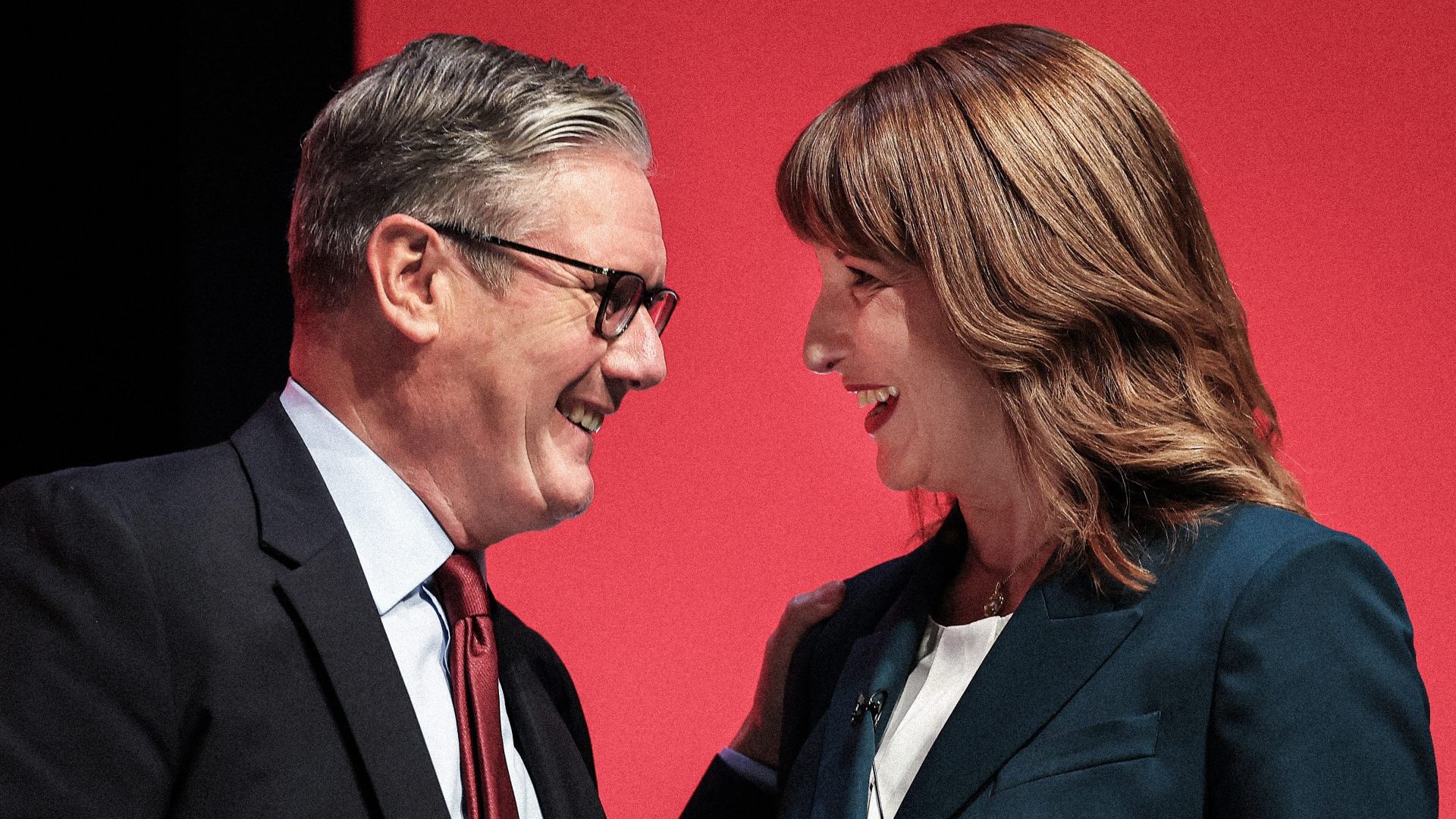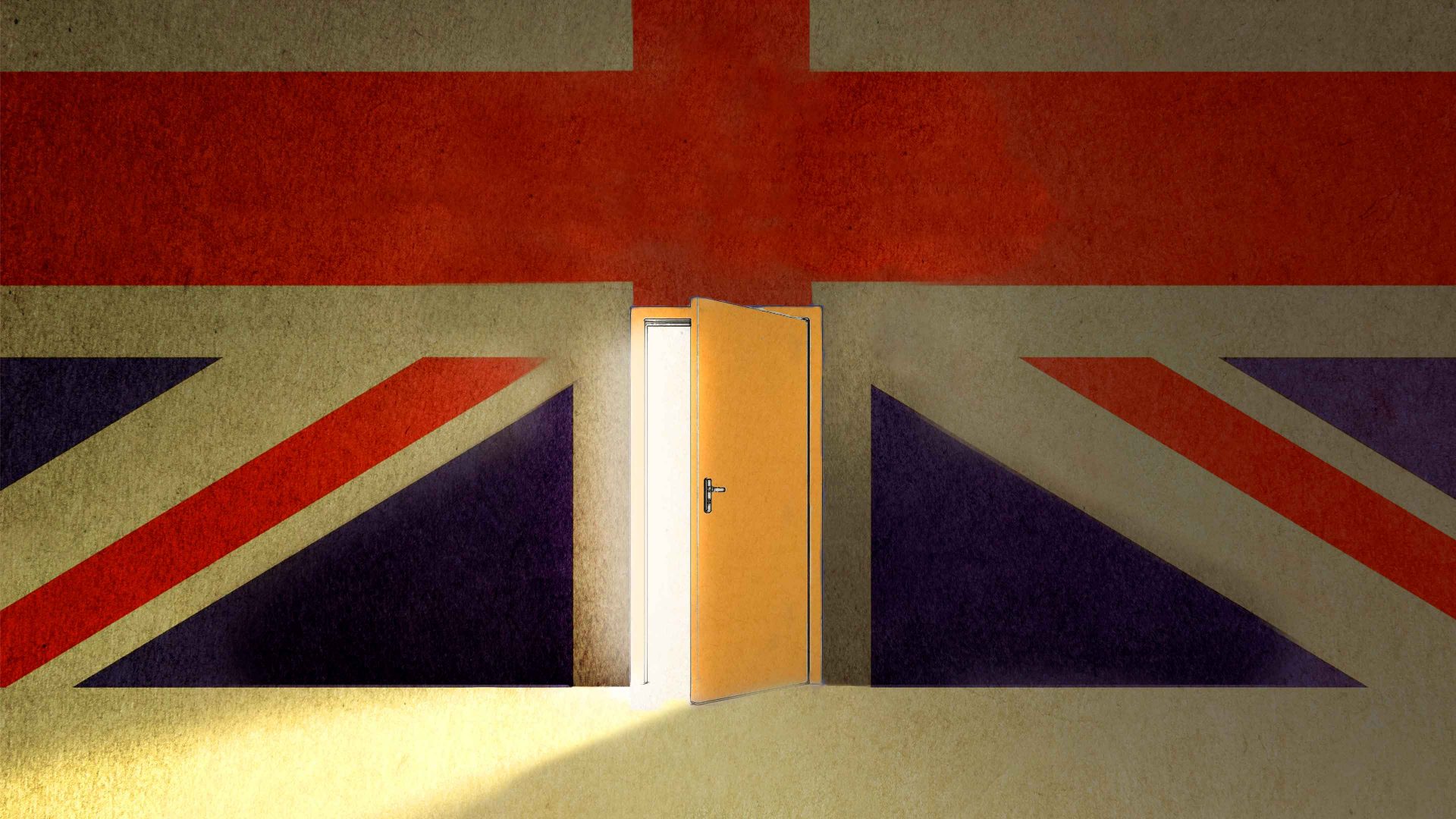Over the last few months, a curious formulation has been popping up more and more often in our political journalism. Any government proposal to raise tax is now liable to be written up as a “tax raid”.
By the weekend before the Budget, this phrase had appeared at least 3407 times in our national newspapers since last year’s election – more than six times a day. That’s more than its total number of appearances for the previous 40 years.
The chancellor had barely finished her Budget address when they were off again. By 1.35pm, the Times was bewailing the “raid on salary sacrifice pension contributions” among other “unpleasant tax grabs’ and “tax attacks on the middle class”. The Financial Times tweeted, rather alarmingly, that a feared ‘raid on expensive homes is confirmed’, conjuring the image of Treasury mandarins disabling security cameras and jemmying open windows. The Mail squeezed six ‘raids’ into one article. To the Independent and the Mirror, Rachel Reeves’ entire budget was a tax raid – and the Mirror was trying to be supportive.
Why does this matter? Because a “raid” is a sudden, violating act of force: the kind of thing carried out by either soldiers, armed police, or thieves ram-raiding a bank. Which makes it a dubious word to use about the fiscal policies of a democratically elected government.
It was not always this way. Go back to the Thatcherite 1980s, and this was almost never what the papers meant by “tax raid”. Back then, it described the authorities arriving in the early hours to seize the assets of tax evaders, prompting headlines like “Tax raids after tip-off”, and “Tax raid boss: I’m innocent”. By the end of the decade, “tax raid” mostly appeared in headlines after the word “poll”, as protestors refused to pay Thatcher’s community charge, and the authorities fought back.
Yet somehow, over the decades since, its meaning has been flipped on its head. Instead of denoting an attack on tax evasion, it now signals an attack on tax collection.
This change began to get going around 1992, when the horrifying prospect of a tax-raising Labour government was haunting the country. Not content with attacking Labour’s ‘tax bombshell’, prime minister John Major warned they were planning a ‘tax raid’ too.
But it really took off in 1997, as Labour swept back to power. All manner of Gordon Brown’s plans were attacked this way – from lowering the amount savers could squirrel away tax-free, to raising the tax on what one paper called “trendy alcopops”. The cause of the greatest fury was his removal of tax relief on pension dividends.
By 2010, the Daily Telegraph was using the phrase to attack Brown’s successor Alistair Darling in its front page lead: “Tax raid on middle class”. This appeared over a cartoon of the chancellor as an actual burglar, complete with Zorro mask and a bag marked “SWAG”.
Much of this was aimed at Labour’s supposed sneakiness. Alongside “tax raid”, the phrase “stealth taxes” had appeared in the Tories’ onslaught against Labour in 1992 – and it too took off during the early New Labour era. Some accusations that Brown was engaging in “sleight-of-hand” or being “surreptitious” did have merit, but it was hardly surprising. The 1992 election had effectively made it politically impossible for Labour to just raise big visible levies like income tax.
When Reeves effectively announced on 4 November that she was finally going to break that taboo and raise the basic rate, she apparently felt she could only do so on the basis that bad economic forecasts made it necessary. The post-Budget row about whether that was misleading followed – and all those “tax raid” headlines had laid the ground all too well for many papers’ charge that she was lying.
But “tax raid” implies something else too: a violent assertion of authority, both in taking the money and deciding what it should be spent on. It often sounds like a howl of yellow-trousered outrage at the gall of politicians, presuming to exercise their power in ways the entitled find disobliging.
This phrase is also rather stealthy in itself. Intentionally or not, it smuggles into British reporting a sharply ideological idea from American libertarianism: that “taxation is theft”.
In 1982, for example, the anarcho-capitalist economist Murray Rothbard wrote: “Just as no one is morally required to answer a robber truthfully when he asks if there are any valuables in one’s house, so no one can be morally required to answer truthfully similar questions asked by the state, e.g., when filling out income tax returns.” In 1974, the political philosopher Robert Nozick contended that taxing a person’s work was “on a par with forced labor”.
Such contentions refuse to accept that we live in a society bound together by mutual obligations, governed by our elected representatives. Even if journalists writing about “tax raids” personally agree with that refusal, this phrase is a little shard of propaganda which should not be embedded in reporting.
This is not a partisan argument. This barbed little phrase was thrown more during the coalition years than under any of the New Labour governments, and landed even more frequently in the 2019-24 parliament when, according to the LexisNexis database, it was used 1226 times.
Nonetheless, since Labour won last year, it has appeared almost three times as much, in a quarter of the time. This government has been under relentless attack from the start, and constant talk of “tax raids” captures one attitude that seems to be driving it: that Starmer’s administration has no real right to govern.
But it does. A democratically elected government has the right to raise taxes, even if they didn’t specifically say they would. Trust in mainstream democratic government is at its lowest for decades. Casting it as criminal is unlikely to fix the damage.
Phil Tinline is the author of The Death of Consensus: 100 Years of British Political Nightmares, and Ghosts of Iron Mountain: The Hoax That Duped America and Its Sinister Legacy



